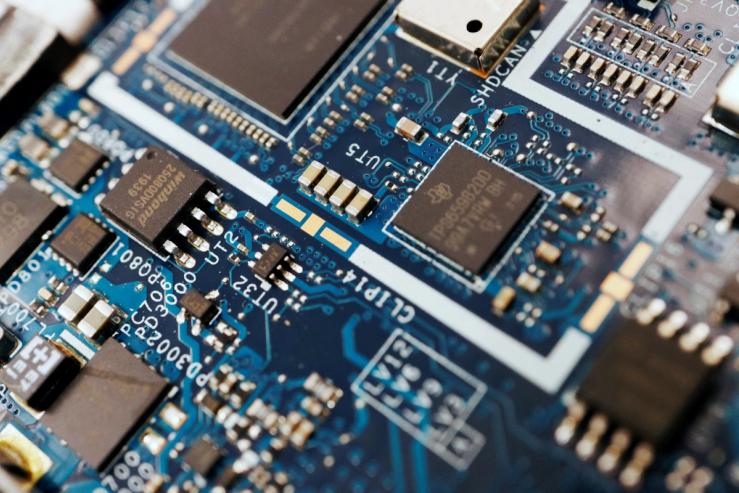what’s at stake
The Trump administration last month allowed shipments to China of Nvidia’s H20 chips — touching off a debate about export controls and whether the sale of lower-end chips to China hinders or helps the US outcompete Beijing.
The H20 chips didn’t get covered by export controls on advanced chips that the Biden administration unveiled in 2022. The Trump administration moved to tighten those controls in April, before later offering assurances on the Nvidia chips.
While China hawks and lawmakers from both parties criticized the H20 move, the White House argues that withholding the sale could actually help China to leapfrog the US in the race to build artificial intelligence chips.
“If China’s not buying chips from us, then they’re innovating and making their own chips,” White House economic adviser Kevin Hassett said recently on Fox News. “And the one thing we don’t want is for them to jump ahead in the race for chips because they have a monopoly in the Chinese market.”
In this article:
who’s making the case
Rep. Raja Krishnamoorthi, D-Ill., his party’s top member on the House China select committee, said that export controls are essential even for chips like the H20 in order to prevent China from outpacing the US:
“Export controls on advanced chips aren’t just helpful — they’re absolutely necessary. The [Chinese Communist Party] is trying to leapfrog us in AI, quantum computing, and other critical technologies. Chips like the H20 are essential for training and running frontier AI models, and the CCP still can’t produce them at scale. If we let them buy the most powerful semiconductors on the planet without restriction, we’re basically handing them the tools to beat us economically and militarily.
“But export controls alone won’t win the competition. We’ve got to invest big in R&D, energy infrastructure, training, and American manufacturing. We also need to fix our legal immigration system. We can’t lead the world in AI if we’re turning away the people who make it possible.
“We need to tighten the loopholes too, because right now, it’s too easy to move high-end chips through third countries.
“The bottom line is this: When we talk about strategic competition with the CCP, we can’t afford to be naïve. These export controls buy us critical time in a race we can’t afford to lose.”
Sen. Todd Young, R-Ind., a member of the Intelligence and Commerce Committees and a leading voice on AI policy, told Semafor that the issue is complicated and what the US really needs is a “nimble regulatory structure” to determine where to draw the line:
“This is not a binary issue, right? It’s actually pretty complicated in terms of how you assess what chips an adversary country should have access to. And I think we really need to speak more about the particular features that are important to us, whether it’s processing power or other features and have some way of measuring what adversaries should have access to, what they shouldn’t.
“Both arguments make great sense to me. On one hand, we don’t want our chief adversary to have access to leading-edge, frontier chips. Even if these aren’t the most leading-edge chips, they’re still close. On the other hand, you don’t want to create an atmosphere in which Huawei steps into the breach or others and makes its own stuff. Both can be true at the same time.
“So instead, we need parameters so that we’re not left case by case, chip by chip, looking at this. And then those parameters should change. We should have some structure, some institutional structure, to ascertain whether or not the framework still makes sense. We need a nimble regulatory structure.”
Notable
Nvidia and AMD plan to pay 15% of their chip sales in China to the US government as part of a deal to obtain export licenses, the Financial Times reported.

